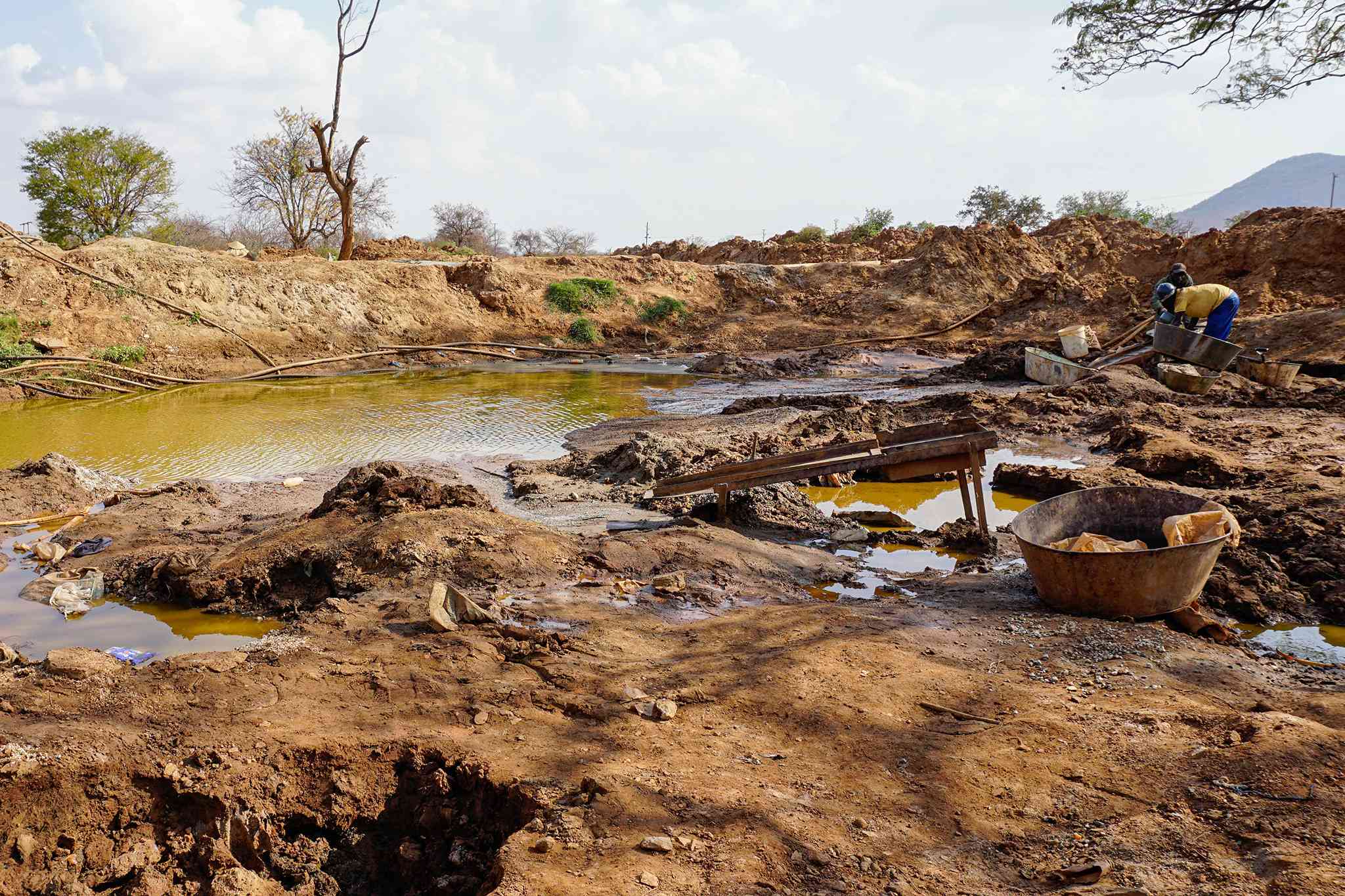
BY NOBUHLE MAPLANKA Zimbabwe should consider policies, programmes and practices that help minimise negative health, social as well as legal impacts linked to drug use, policies and laws.
Stakeholders attending a recent virtual meeting on the implementation of comprehensive evidence-based HIV prevention services among people who use drugs in Zimbabwe said it was time government and its development partners come up with approaches that include a cocktail of health and social services and practices that apply to use of drugs.
The meeting was organised by the United Nations Office on Drugs and Crime, The Global Fund and World Health Organisation.
According to a Zimbabwe Population-based HIV Impact Assessment survey (2020), the country has demonstrated progress towards achieving HIV epidemic control by 2030, thanks to the country’s HIV policies and programmes that have contributed to increased access to treatment and viral load suppression among adults living with HIV.
However, Zimbabwe has witnessed a sharp rise in the use of drugs, especially methamphetamine, a highly addictive stimulant commonly known as “crystal meth” or “mutoriro” and there are fears that this could be a drawback to the HIV control progress.
Zimbabwe does not have official data on drug or substance use because a population size estimate has never been done before although anecdotal evidence points to a lot of illicit drug use on the ground in the country.
It is estimated that 60% of young people aged between 16 and 35 years could have used or are using drugs or substances.
Sixty percent of admissions to mental institutions is linked to drug and substance use.
- Chamisa under fire over US$120K donation
- Mavhunga puts DeMbare into Chibuku quarterfinals
- Pension funds bet on Cabora Bassa oilfields
- Councils defy govt fire tender directive
Keep Reading
UNAids director Sophia Mukasa Monico in a presentation done on her behalf by Jerry Manyika, said her organisation was supporting harm reduction efforts in dealing with drug use in the country.
“We are looking at legalising drug use and there is need to ensure adequate harm reduction services are made available for people who use and inject drugs,” said Mukasa Monico.
“We are looking at engaging people who use and inject drugs in HIV programmes and also invest adequate funding in programmes that involve people who use and inject drugs.”
Mukasa Monico said laws and policies should not hinder access to health services for people who use drugs as police surveillance of health-care and harm reduction service providers discourages people who inject drugs from accessing those services.
UNAids was among organisations that funded the recently held Zimbabwe situational analysis on drug use and injection conducted by the Zimbabwe Civil Liberties and Drug Network (ZCLDN) with the aim of having a strong body of evidence for intervention programmes.
National Aids Council’s senior technical specialist key populations Humphrey Ndondo said there was need to mobilise resources for harm reduction programmes and reducing new infections.
Ndondo said community-led harm reduction programmes could reach people who inject drugs with needle-syringe exchange and other services and provide linkages to testing, treatment and care for people living with HIV.
He said intervention programmes should focus on positive change and on working with people without judgement, coercion, discrimination, or requiring that they stop using drugs as a precondition of support.
According to experts, harm reduction services should include, but not limited to drug consumption rooms, needle and syringe programmes, non-abstinence-based housing and employment initiatives, drug checking, overdose prevention and reversal, psychosocial support, and the provision of information on safer drug use.
ZCLDN projects executive director Wilson Box said the Zimbabwe National Drug Master Plan (ZNDMP) came after the realisation of the rise in the use of drugs in the country, especially during the peak of the Covid-19 pandemic.
“The African Union Plan of Action 2021- 2023 was very important because it really gives a framework on how issues to do with drugs and substance are attendant to by member states,” Box said.
“The Zimbabwe National Drug Master Plan aims to provide a clear roadmap in addressing the cross-cutting drug use problem and it was developed through an interministerial collaboration with ZCLDN taking into account current measures in place to address the drug challenges and seeking to enhance and improve our response to it.”










